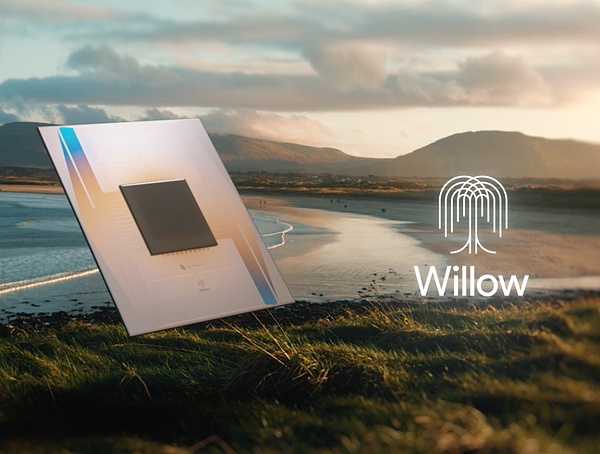
Source: Quantum
According to TechCrunch, Google claims that its new quantum chip shows that there are multiple universes. What’s going on? Let's look down.
Google released its latest and greatest quantum computing chip, Willow, on Monday. Google's claims about the chip's speed and reliable performance were newsworthy in their own right, but it was one of the more exaggerated claims Google made in a blog post about the chip that really grabbed the tech world's attention.
Hartmut Nevin, founder of Google Quantum Artificial Intelligence, wrote in a blog post that this chip is so incredibly fast that it must have borrowed computing power from other universes.
The chip’s performance therefore suggests that parallel universes exist and “we live in a multiverse.”
Here is the original text:
Willow's performance on this benchmark is stunning: it clocked in under five minutes A calculation was completed that would take one of today's fastest supercomputers 1025 or 10 to the power of 10 years to complete. If you were to write it out, it would be 10,000,000,000,000,000,000,000,000 (1 followed by 25 zeros) years. This astonishing number exceeds the time scales known in physics and greatly exceeds the age of the universe. This proves that quantum computing occurs in many parallel universes, consistent with the idea that we live in a multiverse, a prediction first proposed by David Deutsch.
Some people are skeptical of this statement about the nature of reality, but surprisingly, others on the Internet who claim Others who know these things think Nevin's conclusions make perfect sense. Although the multiverse is just the stuff of science fiction, it is also an area of serious research by the founders of quantum physics.
Sceptics, however, point out that Google's claimed performance is based on benchmarks Google itself created several years ago to measure quantum performance. This alone does not prove that parallel versions of you are not operating in other universes, only the origin of the underlying measurement standards.
Unlike traditional digital computers, which calculate based on whether a bit is 0 or 1 (on or off), quantum computers rely on extremely tiny qubits. These qubits can be on or off, or both (and somewhere in between), and they can also take advantage of quantum entanglement - the relationship between two or more particles at the tiniest level of the universe. A mysterious connection, no matter how far apart they are, their states are connected.
Quantum computers use this quantum mechanics to calculate highly complex problems that currently cannot be solved by conventional computers.
The problem is that the qubits used in computersThe more, the greater the potential for error. As a result, it's unclear whether quantum computers are reliable and powerful enough to live up to their promise. Google developed Willow with the mission of reducing these errors, and Nevin says it has achieved that goal?












